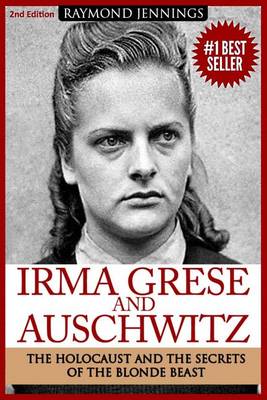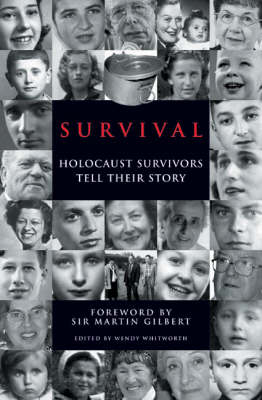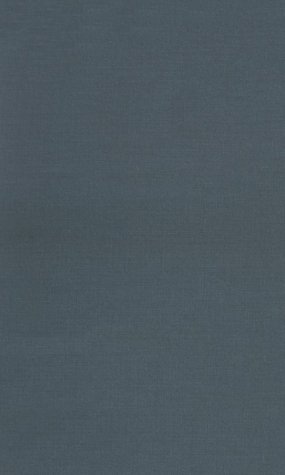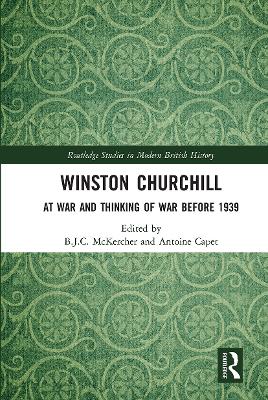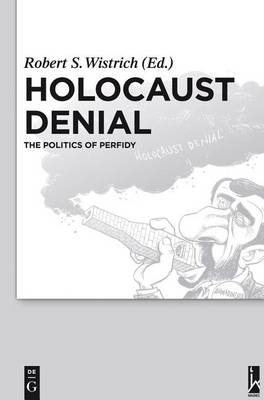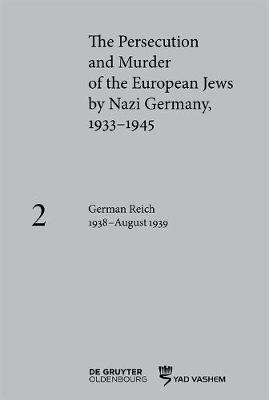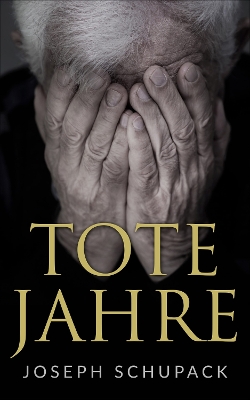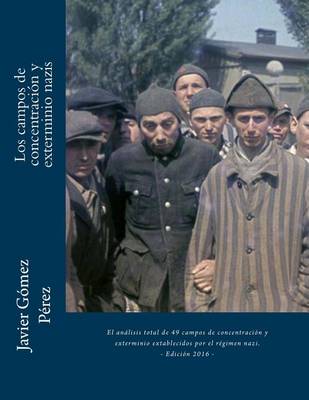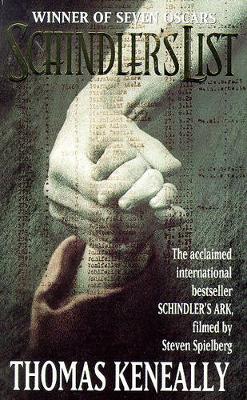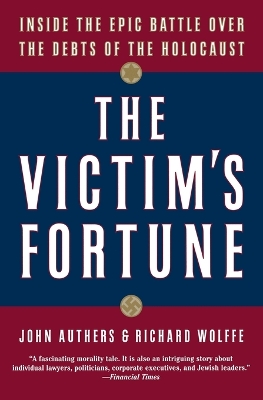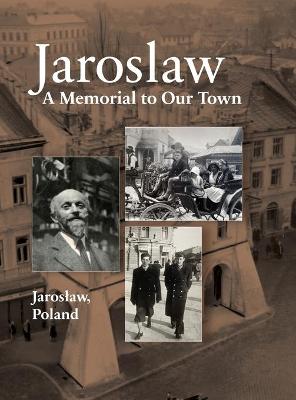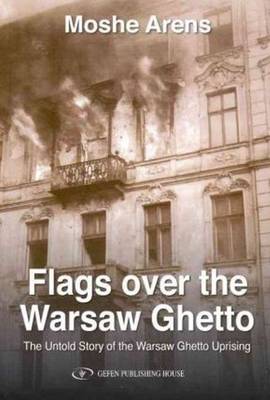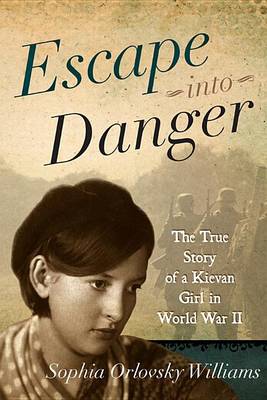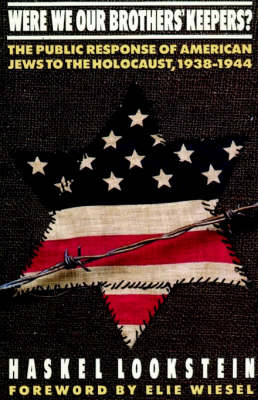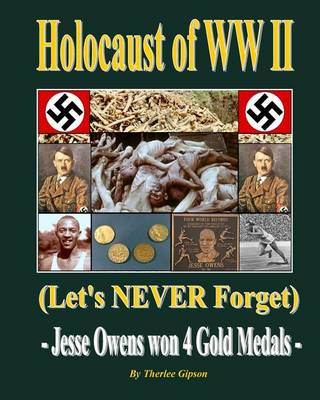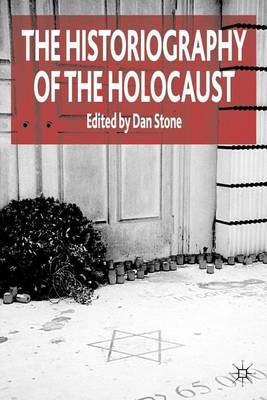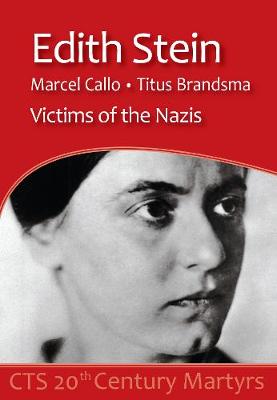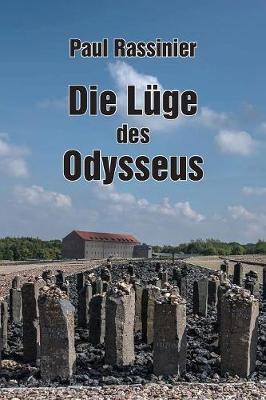The hitherto unknown story of more than half a million volunteers who joined in Hitler's 'war of annihilation'. In 1996, the American historian Daniel Goldhagen published his international bestseller, 'Hitler's Willing Executioners', in which he claimed that the Nazi genocide was the result of a force innate in all Germans which he called 'eliminationist anti-Semitism': ie: only Germans were programmed to kill Jews. In this revelatory new book, Chris Hale proves Goldhagen wrong -- and demolish...
While most studies of the Holocaust stop in 1945, the year of the liberation and the official end of the Holocaust, Tamas Stark follows the fate of the Hungarian Jews until the Communist takeover in the late 1940s. The basic problem confronting quantitative experts in Holocaust studies is the difficulty in locating accurate data relating to the Holocaust and the immediate postwar era. The author has collected and evaluated virtually every primary and secondary source related to the quantifying o...
Winston Churchill (Routledge Studies in Modern British History)
Although remembered and even lauded in the public mind as the British prime minister during the Second World War who played a major role in Allied victory over the Axis Powers and Japan, Winston Churchill had a life and political career before 1939 conditioned by fighting other wars and, in peacetime, thinking about war. While historians debate his achievements and failures between 1939 and 1945, a less explored dimension is Churchill’s earlier connexion with war and warfare. This book explores...
Social Psychology, Religious Belief, Censorship and the Holocaust (Suppressed Science S., #4)
by Simon G. Sheppard
Holocaust Denial. The Politics of Perfidy provides a graphic and compelling global panorama of past and present variations on this toxic phenomenon. The volume examines right and left wing French negationism, post-Communist Holocaust deniers in Eastern-Europe, the spread of denial to Australia, Canada, South-Africa and even to Japan. Leading scholarly experts also explore the close connection between Holocaust denial, global conspiracy theories, antisemitism and radical anti-Zionism- especially...
German Reich 1938-August 1939
This volume documents the persecution of the Jews in the German Reich between January 1938 and the end of August 1939. In the months between the Anschluss of Austria and the start of the Second World War, the Nazi leadership plunged Jewish life further into crisis. 'Aryanization', bureaucratically organized expulsions, and ultimately the pogrom in November 1938 meant that for more and more Jews, life was untenable. At the same time, it became increasingly difficult to emigrate. In the aftermath...
In the shadow of Auschwitz, a flamboyant German industrialist grew into a living legend to the Jews of Cracow. He was a womaniser, a heavy drinker and a bon viveur, but to them he became a saviour. This is the extraordinary story of Oskar Schindler, who risked his life to protect Jews in Nazi-occupied Poland and who was transformed by the war into a man with a mission, a compassionate angel of mercy.
Die Schaffung des Auschwitz-Mythos (Holocaust Handbucher, #41)
by Carlo Mattogno
The Nazi looting machine was notoriously efficient during the Second World War. In the Netherlands, 8.5 million citizens suffered losses estimated at 3.6 billion guilders. Approximately one-third of these losses were borne by Jews, who comprised only 1.6% of the total population. In todays terms, the German occupiers stripped the Jewish population of assets worth $7 billion.Nazi Looting offers a comprehensive history of the Dutch experience and demonstrates how reputable indigenous institutions...
Die Kremierungsoefen von Auschwitz, Teil 3
by Carlo Mattogno and Franco Deana

